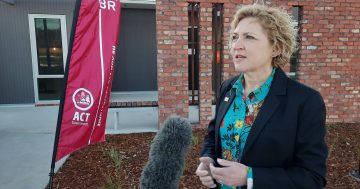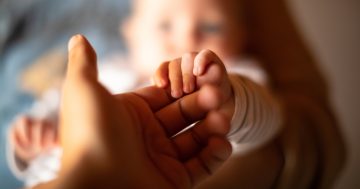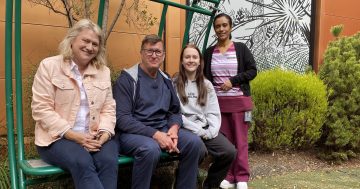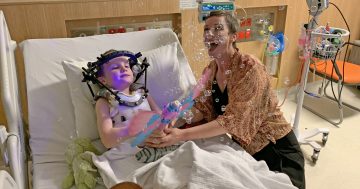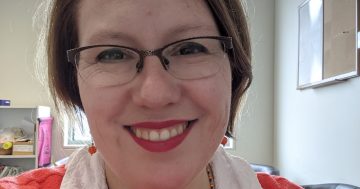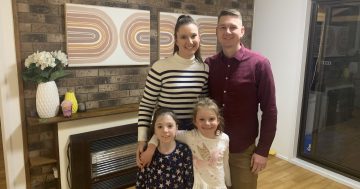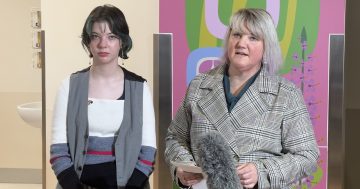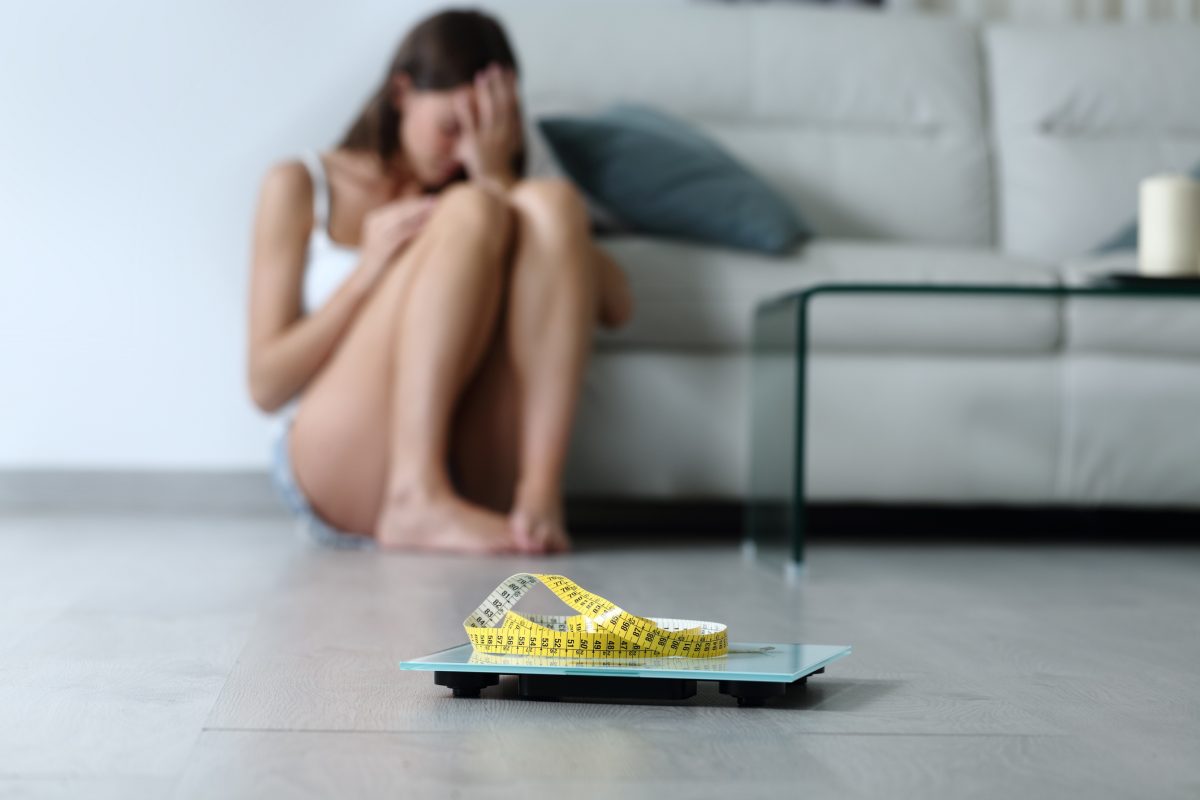
One estimate suggests up to 17,000 Canberrans could be living with an eating disorder. Photo: File.
CONTENT WARNING: Eating disorders, anorexia nervosa, starvation.
Anorexia nervosa first began to creep its way into 14-year-old Samantha*’s life in lockdown last year.
As things slipped out of her control, she began latching on to the one thing she could still command – what she ate and, increasingly, what she didn’t.
Her anxious parents watched on as their daughter began refusing to eat before seeking medical help.
The first doctor told her simply to “eat a steak”, her incredulous mother Ellen* recalled.
“We struggled along for a couple of weeks before we got her into the Eating Disorders Program to start the refeeding process,” she said.
“It was a terrible, horrible time trying to get her to eat … the meltdowns were a lot to deal with. She would smack her head on the kitchen counter and hit my husband, and her siblings watched all of this.”
Ultimately, Samantha experienced heart complications and low blood pressure as her organs struggled to cope without adequate nutrition.
She had to be taken to hospital, where Ellen waited 14 hours to have her admitted only to immediately be faced with complications inserting her daughter’s nasogastric tube.
Ellen found some parts of the hospital experience “traumatic” for herself and for Samantha.
She’s not the only one. Alison*, who spoke to Region last month, shared similar concerns.
Both were disappointed there wasn’t a specific eating disorder program in place, nor was there the kind of psychological support and therapy they had hoped.
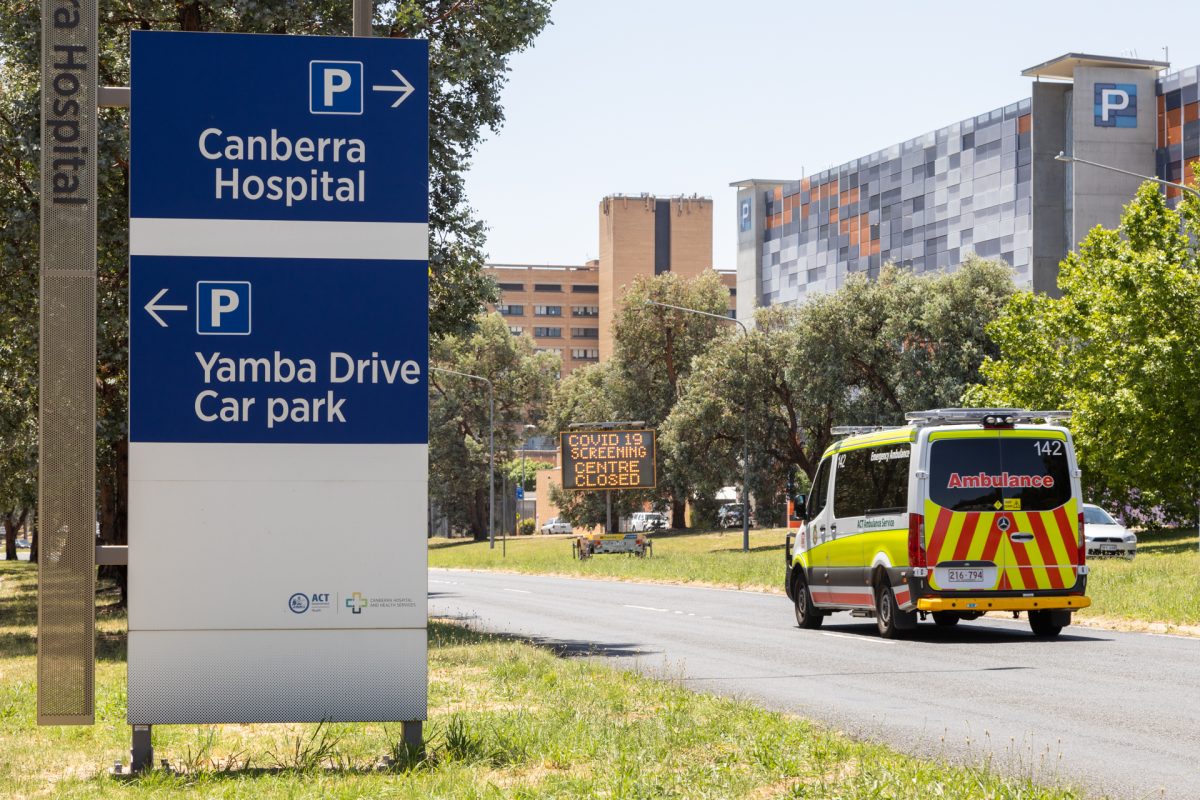
Hospital staff focus first on refeeding eating disorder patients when admitted, according to Canberra Health Services. Photo: Michelle Kroll.
A spokesperson for Canberra Health Services provided Region with a detailed statement confirming staff first focused on refeeding eating disorder patients when admitted.
“Young people admitted to the adolescent ward who need refeeding are in a metabolically unstable condition. Their poor nutrition means that they have a limited capacity to engage in psychological therapies,” the statement read.
“The focus on the ward is to provide psychoeducation to young people and their families/carers about eating disorders, as well as supportive therapeutic interventions.”
Ellen said she understood this but didn’t think it should be an all-or-nothing approach.
Samantha was discharged after five-and-a-half weeks in hospital.
Her mum said they had to fight to keep her there after staff were ready to discharge her 160cm tall daughter when she hit just 41 kilograms.
“We were also fighting for us to be allowed to stay there. The hospital didn’t want me to stay overnight – as if I would leave my daughter for five weeks in hospital,” Ellen said.
“I felt really on edge all the time.”
Ellen and her husband also struggled with a lack of continuity of care and questioned the rewards-based system where Samantha would be “treated” to a 10-minute call with friends.
Devices weren’t allowed at other times.
With Samantha now back in the Eating Disorders Program for 50 minutes a week, her mother is concerned she won’t recover by the end of the plan.
“We’re still struggling. We have to supervise every single one of her meals,” Ellen said.
The family has tried a private psychologist but has been told Samantha’s too young for one-on-one treatment and should stick to family-based therapy, which Ellen and her husband think is helping.
Other options include the private system – expensive considering Ellen has stopped work to care for her daughter – and interstate hospitals which require uprooting the family.
But there is work underway in the Territory to improve care for the estimated 17,000 Canberrans living with an eating disorder.
A residential eating disorder centre is expected to be completed by next year in Coombs.
In January the ACT Government launched a new central intake service, the Eating Disorders Clinical Hub to better connect Canberrans battling eating disorders to the right support services.
If you would like to talk about your experience with paediatric eating disorder treatment, please contact ltwyford@region.com.au
If you are concerned about an eating disorder or body image issues and need support for yourself or someone you care about, the Butterfly Foundation’s support line is available on 1800 334 673 (1800 ED HOPE).
*Names have been changed on request.













